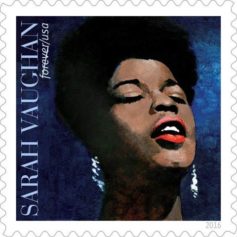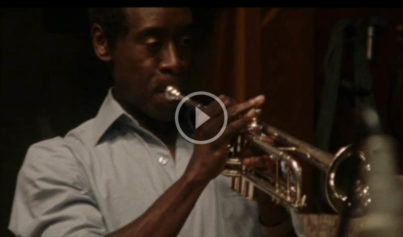Ron Carter has played on over 2,500 albums and secured a spot in jazz history as one of the world’s finest bassists. Doing much more than merely helping anchor the rhythm, Carter is quite the melodic master. In his five-decade-long career, he’s played with countless jazz legends, including a five-year stint in Miles Davis’s quintet that also included Herbie Hancock, Wayne Shorter and Tony Williams. We spoke with Carter about the evolution of jazz bass, how bass parts have gotten more complicated, the state of jazz today, and playing with Davis and guitarist Jim Hall.
Westword: How would you say the role of bass has changed in jazz over the last fifty years or so?
Ron Carter: I think with the advent of pick-ups and better sound-reproducing equipment — amplifiers, more portable amplifiers, better pick-ups, more versatile pick-ups…because these possibilities are now real, it makes a bass player much more audible than he was fifty years ago. It forces them be more proactive.
The nightclubs have never had good gear, and they seldom have a soundman who is there for the full week. He may come in on Monday or the opening day of the gig — it’s a six-night gig — and he might not come back until the last night and put the gear the away for the next band. So there’s never been — seldom has there been that kind of club help.
And the gear at the time was pretty low-quality stuff for amplifying a bass in a room that was 300 people. So that’s never been an option. But now with the pick-ups being much more mature and the better quality of producing the sounds of the bass, bass players are now forced to pay attention to what they do really because everybody hears every note they play. So it’s forced them to develop at maybe a little faster rate than they would have had they not this kind of additional sound enhancement of what they do.
People have better systems in their houses. They have better systems in their cars. People hear the bass on levels now rather than on a very expensive audiophile set or have to be sitting right next to the bass player in the nightclub. It’s forced the bassists to develop maybe at a little faster rate than they would have had it not been for these sound advantages. It kind of makes the bass a little more important and hopefully bass players understand how much musical sway they have in jazz ensembles now.
Did you find yourself having to play a lot harder back in the early days just to compete to be heard?
Absolutely. I wouldn’t want to go back.
I was reading that in the different groups you’ve played with you’ve talked about how it’s free schooling for you. Can you expand on that?
Every group you play with has their own concepts, has their own idiosyncrasies, has their own high points and low points. They have their own view on how the music is going to sound. They have a view on whether the bass player has a solo. There are so many factors internally when you join a band even for a night …
Read more: Jon Solomon, Denver Westword


